I found the perfect use case for Wear OS, but it’s not a watch
Rita El Khoury / Android Authority
The clamshell foldable Huawei P50 Pocket is an impressive piece of hardware, but the one element that grabbed my attention from the moment that I held it is the outer display. When the phone is closed, you can see two massive circles: one for the camera sensors and LED flash, another for the external display. It’s that secondary display that I keep coming back to because it looks like the perfect placeholder for Wear OS.
Our picks: The best Wear OS watches
I know that’s a weird thing to say, so let me explain.
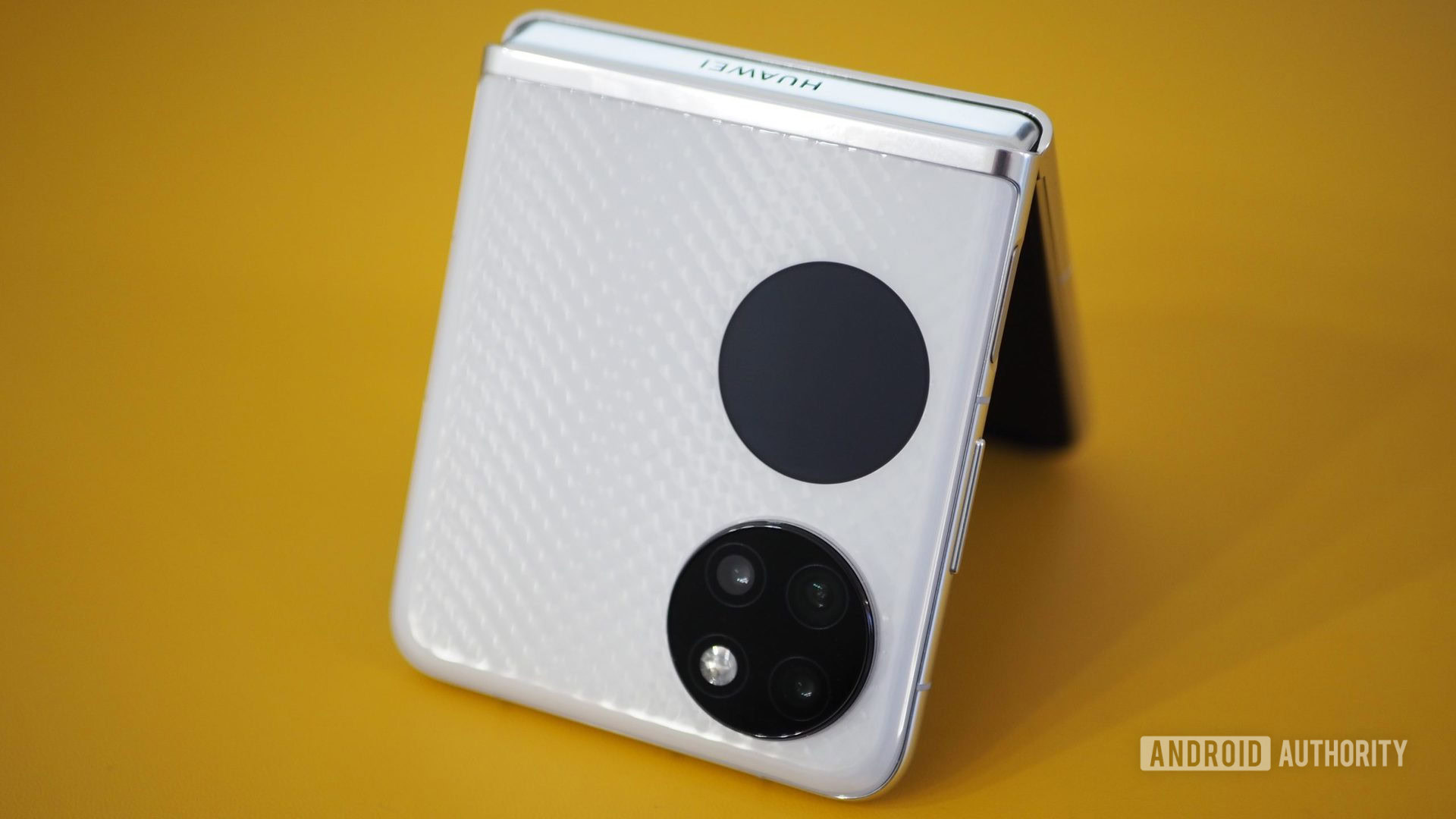
Rita El Khoury / Android Authority
Exhibit A: The touchscreen display is a circle like most Wear OS watches and it’s supposed to show brief information that you can quickly act on without checking your phone’s main display. Exactly like a smartwatch.

Rita El Khoury / Android Authority
Exhibit B: Huawei is already using the round display for smartwatch-like features. You can read your notifications, check the date and time, and see the weather.
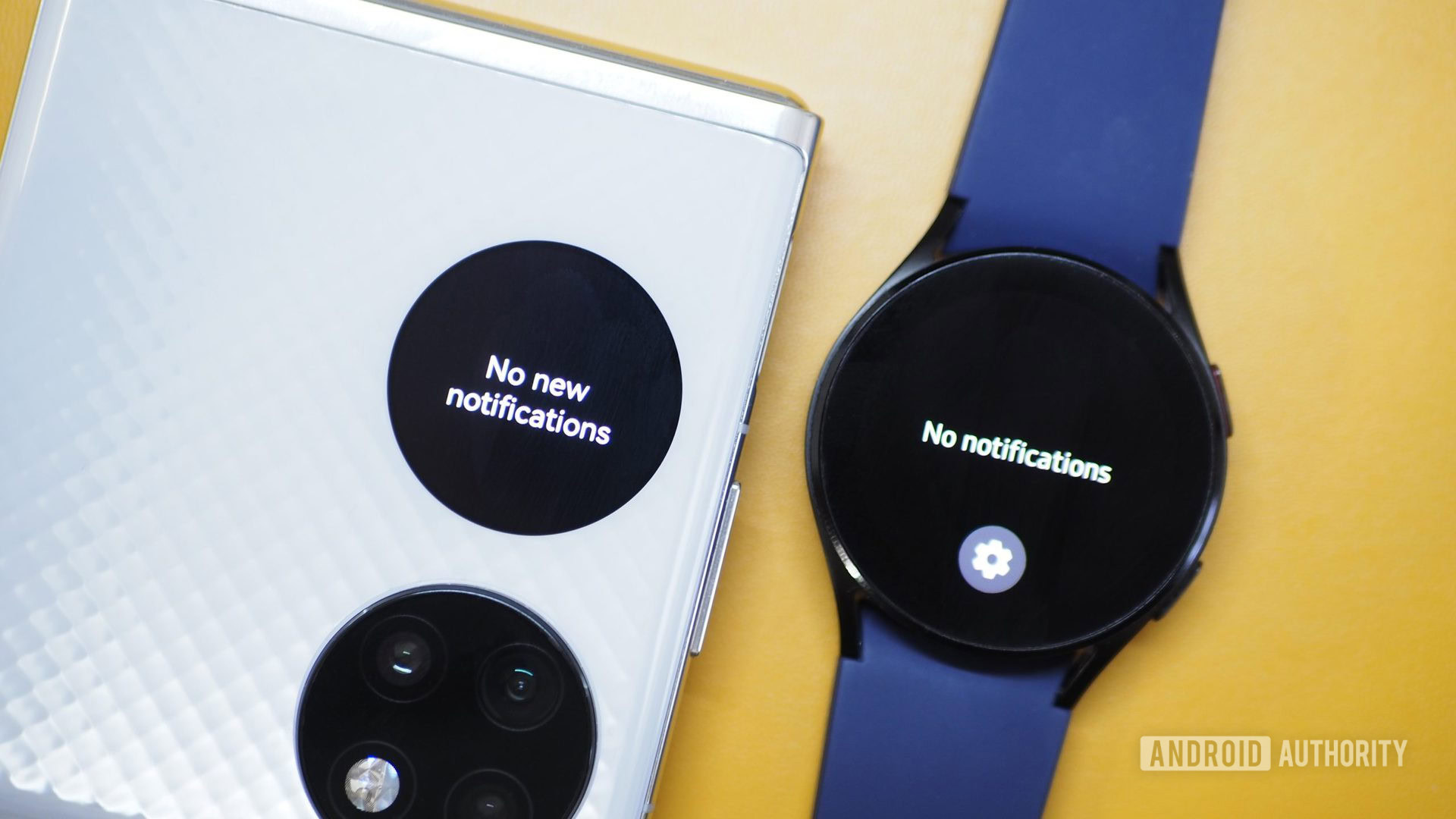
Rita El Khoury / Android Authority
Exhibit C: There’s even a low-power clock mode that doesn’t light up the entire display, instead just turning on a few pixels to show the date, time, and battery level (image at the top of the post). Once you turn on the display, you can see the full clock with a neat animation (image below). Exactly like a smartwatch’s always-on display compared to its fully active mode.
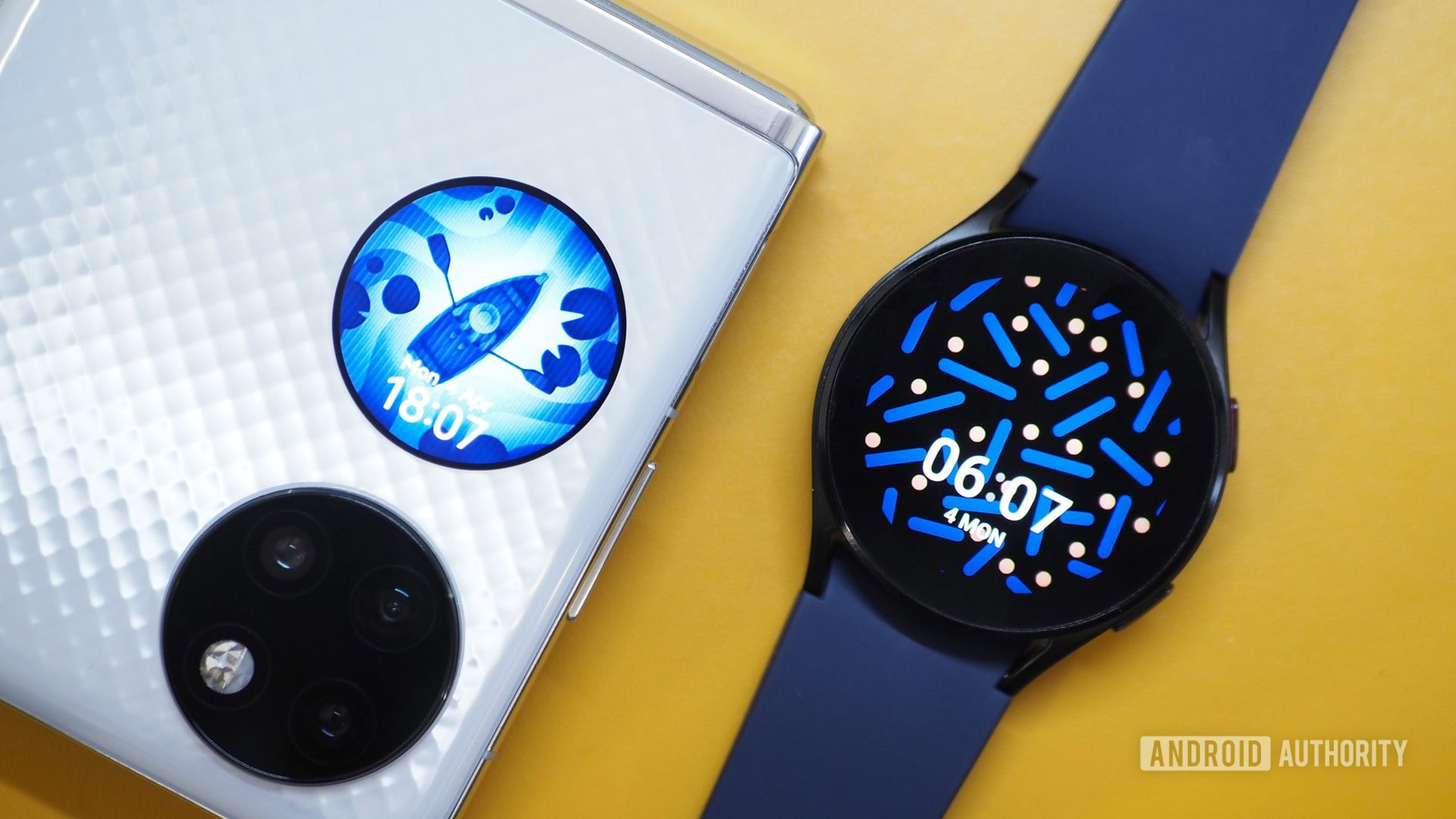
Rita El Khoury / Android Authority
We already have a platform — Wear OS — whose sole purpose is to act as a good secondary display to our smartphones, so why do companies need to reinvent the wheel to give us a fraction of that functionality on their phones’ secondary displays?
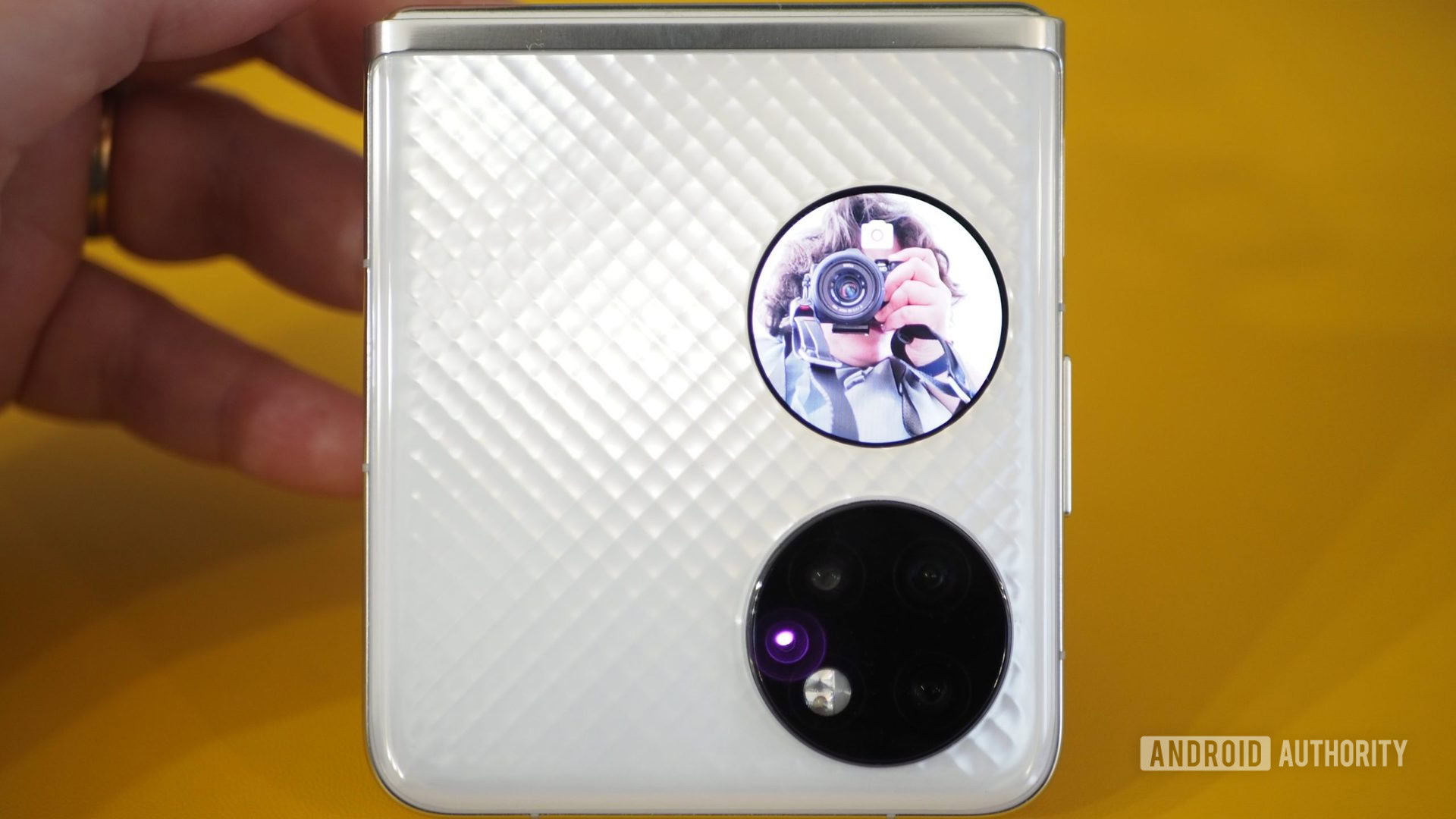
Rita El Khoury / Android Authority
Now imagine if they didn’t. Imagine if Google decided to make Wear OS (which is based on Android) available on devices already running full-on Android. Or at least all of the Wear OS APIs. Instead of being limited in how we can interact with or reply to notifications from secondary displays, instead of not having access to voice commands, instead of only choosing between a few widgets and apps, we would have proper notification support, the Wear OS version of any app we’ve installed, and all the panels and widgets we can think of. All without third-party developers lifting an extra finger to add support.
Related: The best Wear OS apps for your watch
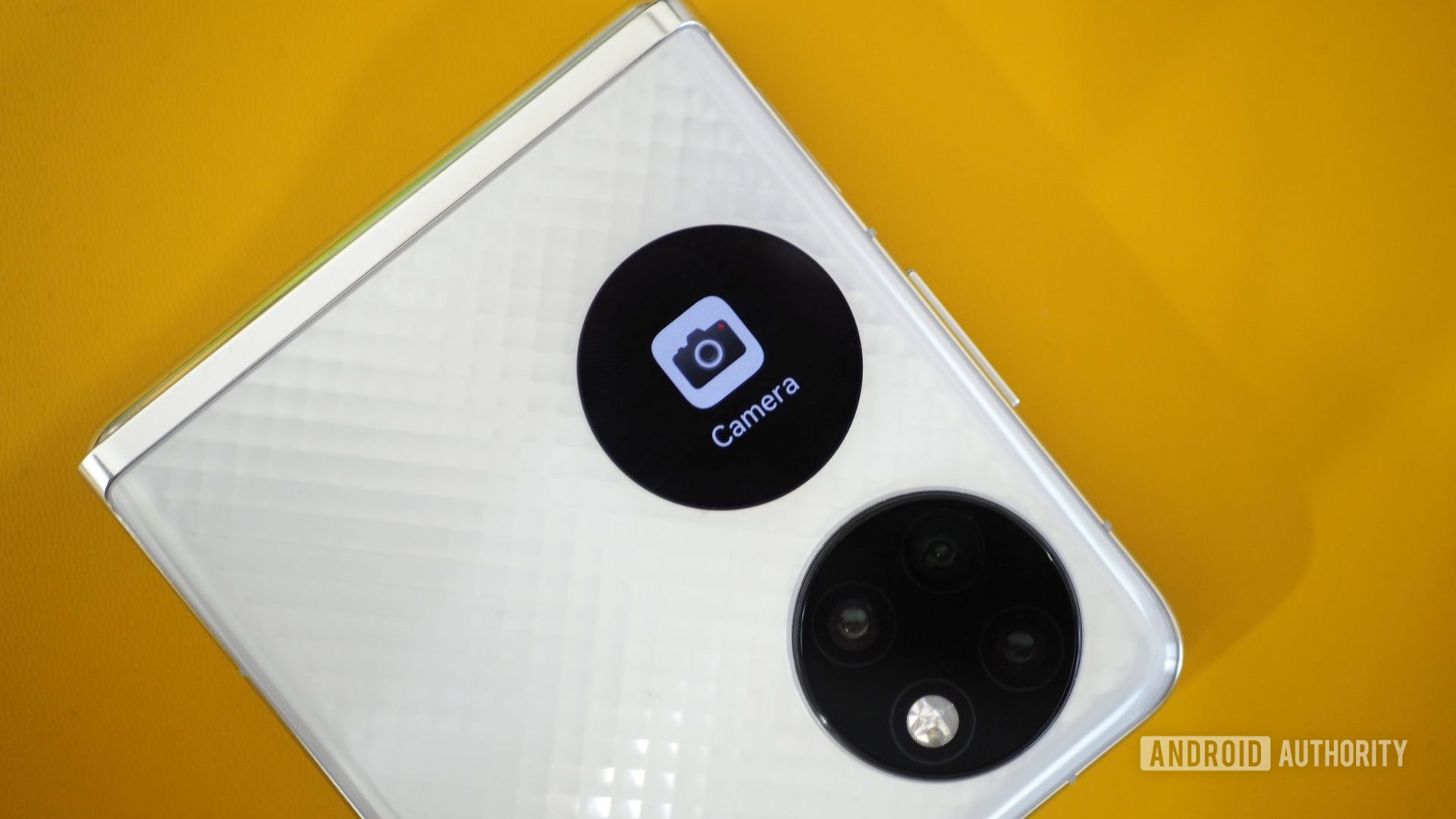
Rita El Khoury / Android Authority
Wouldn’t a secondary clamshell or back display be a perfect use case for Wear OS? The platform already supports rectangular and round displays, so phone makers wouldn’t be limited to the circle form factor. Theoretically speaking, devices like the Xiaomi Mi 11 Ultra, Meizu Pro 7 Plus, Motorola Razr series, and Galaxy Z Flip series could all benefit from it. I’m just throwing this wish into the world.
Does Wear OS make sense on a secondary smartphone display?
15 votes
For all the latest Technology News Click Here
For the latest news and updates, follow us on Google News.
